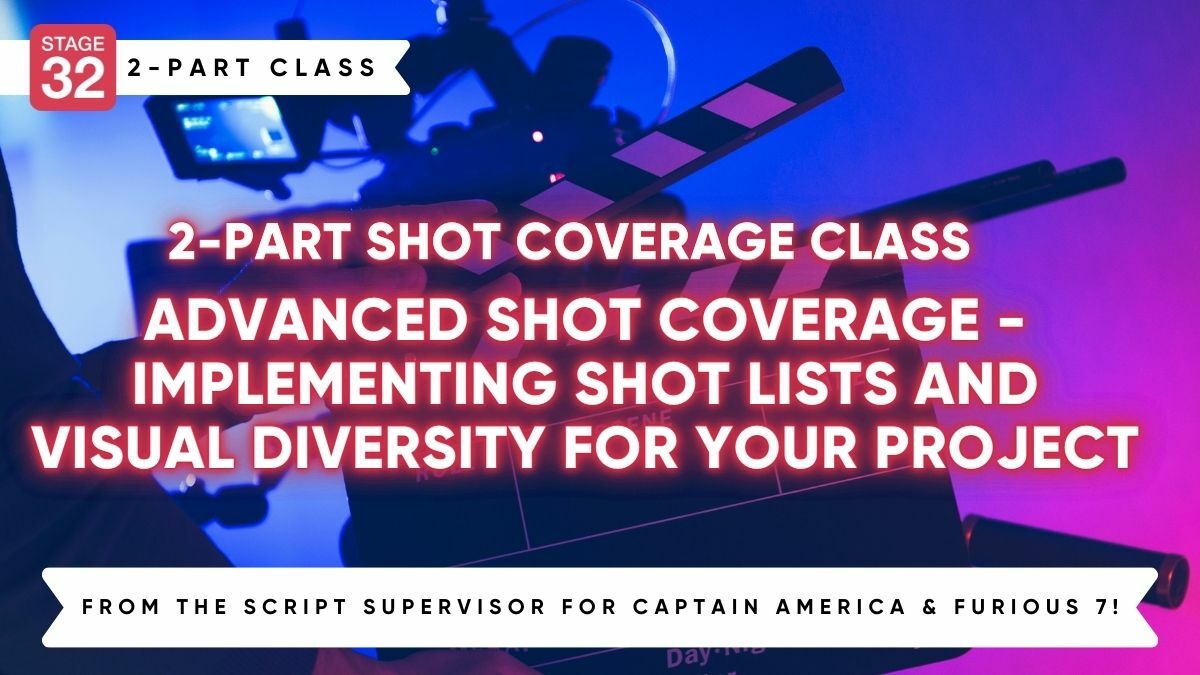So I have read many spec scripts and I have seen Parentheticals used, are they needed? I've done research and it seems it can vary. I know that they must be brief and descriptive. I read that actors hate it because they want to act in their way and not what is being told to them. Do you guys use Parentheticals or just leave them out completely?



1 person likes this
They are only need if the actor could not figure out how to say their line without it. For example if someone needs to say something in a joking manner but the actor wouldn't know that by what is going on around them.
1 person likes this
Don't over use them. Let actors do their job. But basically what Dan said is the go to thought process.
1 person likes this
Yup, as Dan and Josh already explained, parentheticals or wrylies can provide clarity if subtext or a desired attitude is unclear. But don't overuse. Generally speaking, the context of the situation, action and dialogue should be enough to inform actors. The use of wrylies is more for readers than actors—so I've been told. Actors and directors are going to infuse their own creative choices. LOL!
I generally only put them in if the character is supposed to be doing something while they're talking (smiling, chuckling, sobbing, sotto voce, whispering, shouting, etc.), and then, only sparingly. A lot of the time, you can handle something like that in a previous line of action before the character speaks. I never put in parenthetical/personal direction to suggest how the actor is supposed to be delivering a line unless, like everybody else here said, it would be confusing to the reader if you didn't ("sarcastic" comes to mind).
1 person likes this
Parentheticals should not contain actions. smiling, chuckling and sobbing are actions. I include those actions in the preceding action lines.
What if the action occurs mid dialogue?
Then break the dialogue
2 people like this
Semira reads the post update and wrings her hands. SEMIRA But what if … Semira bursts into tears SEMIRA … what if the action occurs mid dialogue?
1 person likes this
Semira's face lights up with understanding. SEMIRA So...if a character is handing something or starts an action during dialogue, would I break the dialogue to show that motion also? PIERRE Well.....
2 people like this
PIERRE Well ... yes. In fact sometimes if my dialogue is too long I will purposefully insert an ... Pierre checks his phone. PIERRE Sorry, um, an action just to break it into smaller chunks.
Yes, generally, do not use wrylies to describe action, however... you can get away with little things if need be. It all depends. Just don't go overboard. I would suggest to use them ONLY when truly needed, when there could be clarity issues. Sometimes a wryly is needed to clarify to whom a character is speaking, for example. Otherwise, personally speaking, I avoid their use. :)
1 person likes this
@Beth, I forgot about the use of parentheticals to indicate who the character is talking to (especially in the middle of dialogue), or if that person is talking to themselves! Good call! Also, when they're on the phone/a walkie-talkie/a communicator. Also, to further add to the confusion, if on or two people (via INTERCUT:) are talking on the phone during a scene, it's only necessary to use a "(on the phone)" or "(into receiver)" parenthetical the first time, until they are no longer speaking on the phone or the scene ends. The rest of the time, as long as they are continuing the phone conversation (and there's no one else in the scene that might confuse the reader as to who the character is talking to), it will be implied that they're still talking on the phone.
3 people like this
Again - it's a tool. It's not that people use parentheticals, it's that they use them wrong. It's true that actors hate being told how to deliver a line (that's their job) and you have to trust the actor to find the best way to deliver it. The example I always use is the 60s version of THE KILLERS, where Lee Marvin is interrogating Claude Akins - who refuses to give him any information. Marvin threatens him - and the threats become more extreme. Now, you can imagine Marvin's dialogue having (angry) or (threatening) or (yelling) as parantheticals. The dialogue is written so that it might be delivered that way. But Marvin did something different, he puts his arm around Akins and practically whispers these lines as if it was a secret between friends. And it comes off chilling and a hundred times more frightening than if he'd yelled it or sounded angry or threatening. A good actor will find a way to make the lines work that you may never have thought of - so let them do their job. If the reader can't figure out what the sentence means without you telling them, the problem is the sentence isn't worded right. Nothing wrong with parentheticals - just use them sparingly and with specific purpose.
1 person likes this
Good catch on the whole "phone thing," Matthew. I forgot about that. Lol! And thanks, William, for further clarifying and advising. Very much appreciated. :) I apologize if I gave the wrong impression when I said, "...personally speaking, I avoid their use." I didn't mean to imply there's something wrong with parentheticals, just that I tend to use them at an absolute minimum. Whoops, my bad. ;)
The acting will be influenced by your writing, but it will also be influenced by the directing, and by the blocking, and by the actor's thoughts and emotions as they occur naturally in the moment onset. I think that using parentheticals is very similar to writing camera directions. Sure, use them when necessary to get your point across. Just be cool with the fact that the actor and the director are going to do whatever works in the moment during the take, and that may not necessarily be what you had in mind.
I've been going through the re write of the rough drafts of our TV show- "Eden's Outpost" and taking most of the parenthesis out and making it 'action'.